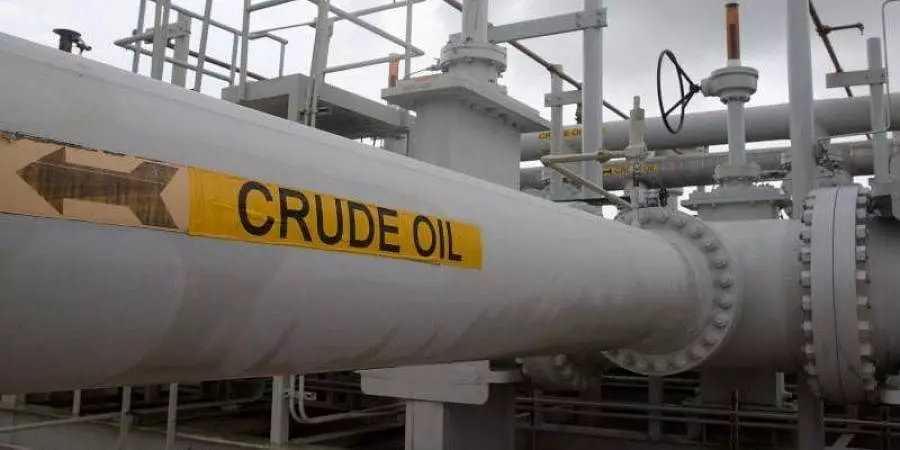
India hikes excise duty on fuel to control exports by private dealers
text_fieldsNew Delhi: In an effort to control domestic fuel prices, the government on Friday hiked excise duty on exports of petrol, diesel and Aviation Turbine Fuel (ATF) from July 1, 2022. Excise was raised by Rs 6 per litre for ATF, petrol by Rs 6 and diesel by Rs 13. The government will charge Rs. 23250 per tonne on crude oil. Crude imports will not be subject to this cess.
"This cess will have no adverse impact, whatsoever, on domestic petroleum products/fuel prices. Further, small producers, whose annual production of crude in the preceding financial year is less than 2 million barrels will be exempt from this cess," said the government in a notification. The decision came after private fuel retailers such as Jio-BP and Nayara Energy reportedly exported oil to other countries after buying cheap crude from Russia, the NIE reported.
Following its war in Ukraine and the Western countries putting a sanction on Russia's oil and gas, India has largely increased its oil imports from Russia. Crude oil imports from Russia are projected to have increased by 286% between January and April 2022. In previous years, India's oil and gas imports were 2% or less.
As a result, exports to Europe and the US have reportedly been increased by the private refiners who make a profit of $ 14-15 per barrel from refined products from Ural / Russian crude oil. However, it also affects the Indian market.
"The refiners export these products at globally prevailing prices, which are very high. As exports are becoming highly remunerative, it has been seen that certain refiners are drying out their pumps in the domestic market. In view of this, cesses equal to Rs 6 per litre on petrol and Rs 13 per litre on diesel have been imposed on their exports. These cesses would apply to any export of diesel and Petrol from the country," said the government.
Last month, there were reports that petrol pumps run by state-owned fuel retailers were going out of stock in Madhya Pradesh, Rajasthan, Karnataka and Gujarat due to a sudden increase in demand. The reason was that private fuel retailers like Jio-BP and Nayara Energy raised prices at some locations or stopped their sales at others.
Therefore, people are looking to buy from state-owned petrol pumps like Indian Oil Corporation (IOC), Bharat Petroleum Corporation Ltd (BPCL) and Hindustan Petroleum Corporation Ltd (HPCL) which sell petrol and diesel at a lower rate than private ones. (Rs 15-25 less).
To prevent this, the government has extended the scope of the Universal Service Obligation (USO), which compels licensed establishments to maintain petrol and diesel sales for specified working hours at all petrol pumps, including in remote areas. It will be necessary for these companies to extend USO to all retail customers at all retail outlets following the government order.
The ministry in a statement said, "Failure to meet norms can lead to the cancellation of licences… This has been done with an objective to ensure a higher level of customer services in the market and to ensure that adherence to the USO forms a part of the market discipline".
The ministry added that these USOs would include ensuring that the supply of petrol and diesel of specified quality and quantity throughout specified working hours is maintained; providing the minimum facilities ordained by the Central Government.






















